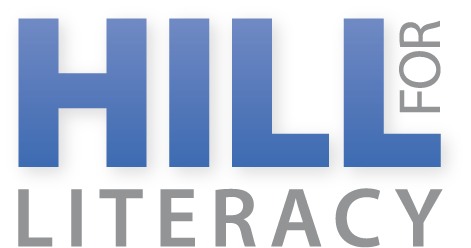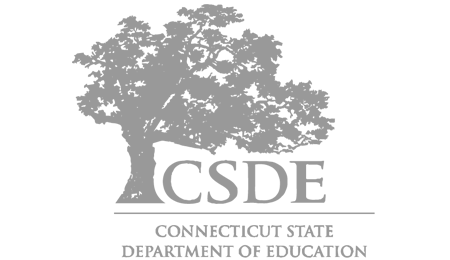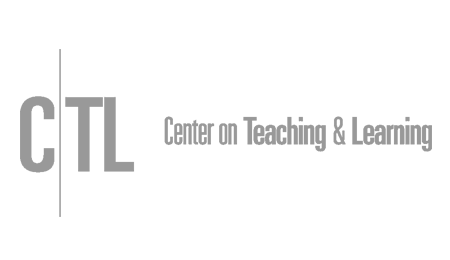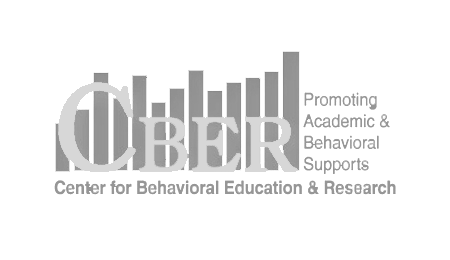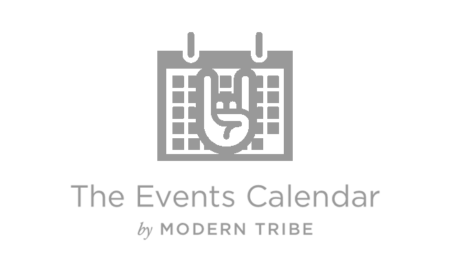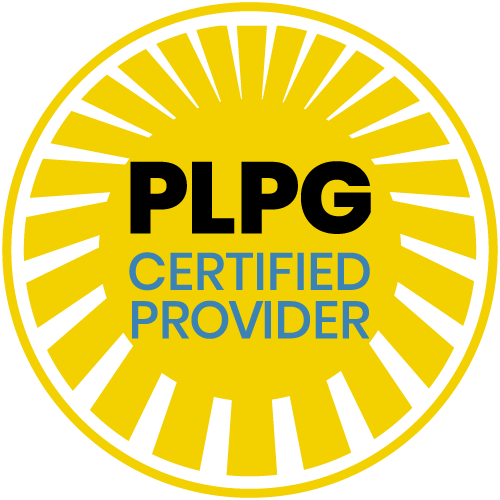The Science of Reading Series
apply CURRENT READING RESEARCH IN YOUR CLASSROOM
NEW! Asynchronous Science of Reading Series
Our acclaimed Science of Reading Series for Primary and Intermediate grades is now available as a completely asynchronous course! The series consists of ten self-paced modules and continued learning through follow up materials and activities. Available for districts now; open enrollment for individuals coming soon.
This course completely changed the way I teach reading and phonics.
Shea Hutchinson, Kindergarten Teacher, Fitchburg Public Schools
Our Professional Learning Series
Who Should Take This Course?
Grades K-2 & 3-5 teachers, special educators, reading specialists, ESL/MLL teachers, principals, and literacy coaches
Our virtual Introductory Science of Reading Professional Learning Series teaches critical components of literacy instruction for Primary or Intermediate Grades, integrating current research into each module and translating it into classroom application. The modules address questions such as:
- What happens in the brain when we read? How can this understanding inform our instruction?
- How is reading related to oral language?
- What are high-leverage instructional routines that support reading acquisition?
- What role does automaticity play in becoming a proficient reader?
- What cognitive processes are involved in deeply understanding text?
- How do we know we are using the right assessments to determine student need?
- . . . and much more!
Instructor-Led Training
Ten 2.5-hour facilitated, synchronous modules
Asynchronous Course
Ten 1.5-hour self-paced modules
Topics:
MODULE 1: The Brain and Reading
MODULE 2: Oral Language and Literacy
MODULE 3: Features of Effective Instruction: What, Why, How
MODULE 4: The Power of Phonemic Awareness
MODULE 5: Word Blending: A Hierarchy of Skills
MODULE 6: The Role of Automaticity
MODULE 7: Text Reading: What (with Whom), When and How
MODULE 8: Growing Vocabularies
MODULE 9: Building Comprehension
MODULE 10: Pulling It All Together
Who Should Take This Course?
District and school administrators
The Science of Reading for Administrators Professional Learning Series focuses on developing background knowledge in the critical components of foundational literacy instruction, from foundational skills through fluency and reading comprehension. The modules integrate current research and translate it into classroom practice through a unique administrative lens.
The series consists of ten 2.5-hour facilitated, synchronous modules held via Zoom and continued learning through asynchronous materials and follow up activities.
- know what to look for when in classrooms.
- have conversations with teachers about literacy instruction.
- use the literacy background knowledge developed through the series when making decisions around programing, assessment, and resource allocation.
- lead literacy change at the school and district level
- . . . and much more!
Ten 2.5-hour facilitated, synchronous modulesInstructor-Led Training
Topics:
MODULE 1: The Brain and Reading
MODULE 2: The Brain and Reading Assessments & Oral Language and Literacy
MODULE 3: Features of Effective Instruction: What, Why, How
MODULE 4: The Power of Phonemic Awareness
MODULE 5: Word Blending: A Hierarchy of Skills
MODULE 6: The Role of Automaticity
MODULE 7: Text Reading: What (with Whom), When, and How
MODULE 8: Growing Vocabularies
MODULE 9: Building Comprehension
MODULE 10: Pulling It All Together: Literacy Leadership
Who Should Take This Course?
Early childhood educators in preschool and PreK.
The Science of Reading Professional Learning Series teaches critical components of literacy instruction for Early Childhood Educators. Each module integrates current research and translates it into classroom application. The series consists of ten 2.5-hour facilitated, synchronous modules and continued learning through asynchronous materials and follow up activities. These modules address questions such as:
- What happens in the brain when we read? How can this understanding inform our instruction?
- How is reading related to oral language?
- What are high-leverage instructional routines that support reading acquisition?
- What is the role of direct explicit instruction in play-based pedagogy?
- How literacy can be used to support social emotional and executive function skills?
- How do we know we are using the right assessments to determine student need?
- … and much more!
Instructor-Led Training
Ten 2.5-hour facilitated, synchronous modules
Topics:
MODULE 1: The Brain and Reading
MODULE 2: Oral Language and Literacy
MODULE 3: Features of Effective Instruction: What, Why, How
MODULE 4: The Power of Phonemic Awareness
MODULE 5: Developing Sound-Symbol Correspondence
MODULE 6: Later Reading Development: Next Steps Toward Proficiency
MODULE 7: Using Texts with a Purpose
MODULE 8: Growing Vocabularies
MODULE 9: Building Listening Comprehension
MODULE 10: Pulling It All Together
Who Should Take This Course?
Grades K-2 & 3-5 teachers, special educators, reading specialists, ESL/MLL teachers, principals, and literacy coaches
Have you taken our virtual Introductory Science of Reading Professional Learning Series and want to keep learning? Sign up for our Digging Deeper into the Science of Reading Series—10 modules that dig in deeper to topics introduced in Modules 1-10 and address new areas, including spelling, morphology, and assessment. This series for Primary or Intermediate Grades consists of ten 2.5-hour facilitated, synchronous modules held via Zoom and continued learning through asynchronous materials and follow up activities.
Course Prerequisite: Completion of the 10-module Science of Reading series for Primary or Intermediate Grades.
Instructor-Led Training
Ten 2.5-hour facilitated, synchronous modules
Topics:
MODULE 11: Understanding Reading Disorders
MODULE 12: Literacy Development: Implications for Multilingual Learners
MODULE 13: Digging into Word Learning
MODULE 14: Digging into Spelling
MODULE 15: Digging into Morphology
MODULE 16: Digging into Comprehension
MODULE 17: Reading-Writing Connection
MODULE 18: The Brain and Learning
MODULE 19: The Brain and Reading Assessments
MODULE 20: Pulling It All Together II
Who Should Take This Course?
Secondary content area teachers. Additionally special educators and reading specialists who are looking to support students in content area classes. (Special educators and reading specialists looking for support in intervention services should take the 3-5 SOR course).
This series for Grades 6-12 consists of ten 2.5-hour facilitated, synchronous modules held via Zoom and continued learning through asynchronous materials and follow up activities. These modules address questions such as:
- What happens in the brain when we read? How can this understanding inform our instruction?
- What are basic, intermediate, and disciplinary literacy? How do these levels impact reading grade level content material?
- How do we plan differentiated instruction to allow all students to access complex text?
- How do we analyze instruction to determine the presence of features of effective instruction?
- What is the importance of vocabulary acquisition? What impact does it have on comprehension?
- What role does strategy instruction play? How do high-leverage instructional routines support constructing meaning from text?
- . . . and much more!
Instructor-Led Training
Ten 2.5-hour facilitated, synchronous modules
Topics:
MODULE 1: Introduction to Adolescent Literacy
MODULE 2: Features of Effective Instruction
MODULE 3: Using Background Knowledge and Inferencing Skills
MODULE 4: Constructing Meaning While Reading: Get the Gist
MODULE 5: The Role of Vocabulary in Meaning Acquisition
MODULE 6: Self-monitoring and Questioning to Support Meaning Acquisition
MODULE 7: The Role of Fluency and Syntax in Meaning Acquisition
MODULE 8: Text-based Discussion
MODULE 9: The Reading-Writing Connection
MODULE 10: Pulling It All Together: Sustaining Practices
Summer 2024 Open Enrollment!
The Science of Reading for Administrators
July 9 – August 8, 2024
This series focuses on developing background knowledge in the critical components of foundational literacy instruction, from foundational skills through fluency and reading comprehension. The modules integrate current research and translate it into classroom practice through a unique administrative lens.
Digging Deeper into the Science of Reading
July 9 – August 8, 2024
Have you taken our virtual Introductory Science of Reading Professional Learning Series and want to keep learning? Sign up for our Digging Deeper series—10 modules that dig in deeper to topics introduced in Modules 1-10 and address new areas, including spelling, morphology, and assessment.
I have come away from this training…with more knowledge about each area of effective reading instruction and feel more fully equipped to teach reading as well as support the literacy initiatives in my school… It has already had an impact on my work as specialist and coach.
Rebecca Stuart, Reading Specialist, Newburyport Public Schools
This course has been eye opening. This information will impact my teaching as I now know that I can lay the ground work that leads students to the reading process. The application activities were essential to understanding the reading process. I will be using all of the activities moving forward.
Margaret Magennis, ESL Teacher, Fitchburg Public Schools
Reading instruction requires teachers to make many in-the-moment decisions and the knowledge acquired in [HILL for Literacy’s Science of Reading series] makes it more likely that teachers make the right instruction decision each time.
Jeffrey A. Villar, Superintendent, Southbridge Public Schools
Impact on Teacher Knowledge
A recent study of HILL For Literacy’s Science of Reading Profressional Learning Series found statistically significant increases between participants’ pre and post test scores.


Bring the Science of Reading Series to Your School!
Reach out using the form below or call 888.860.0190 to talk to one of our specialists today!
